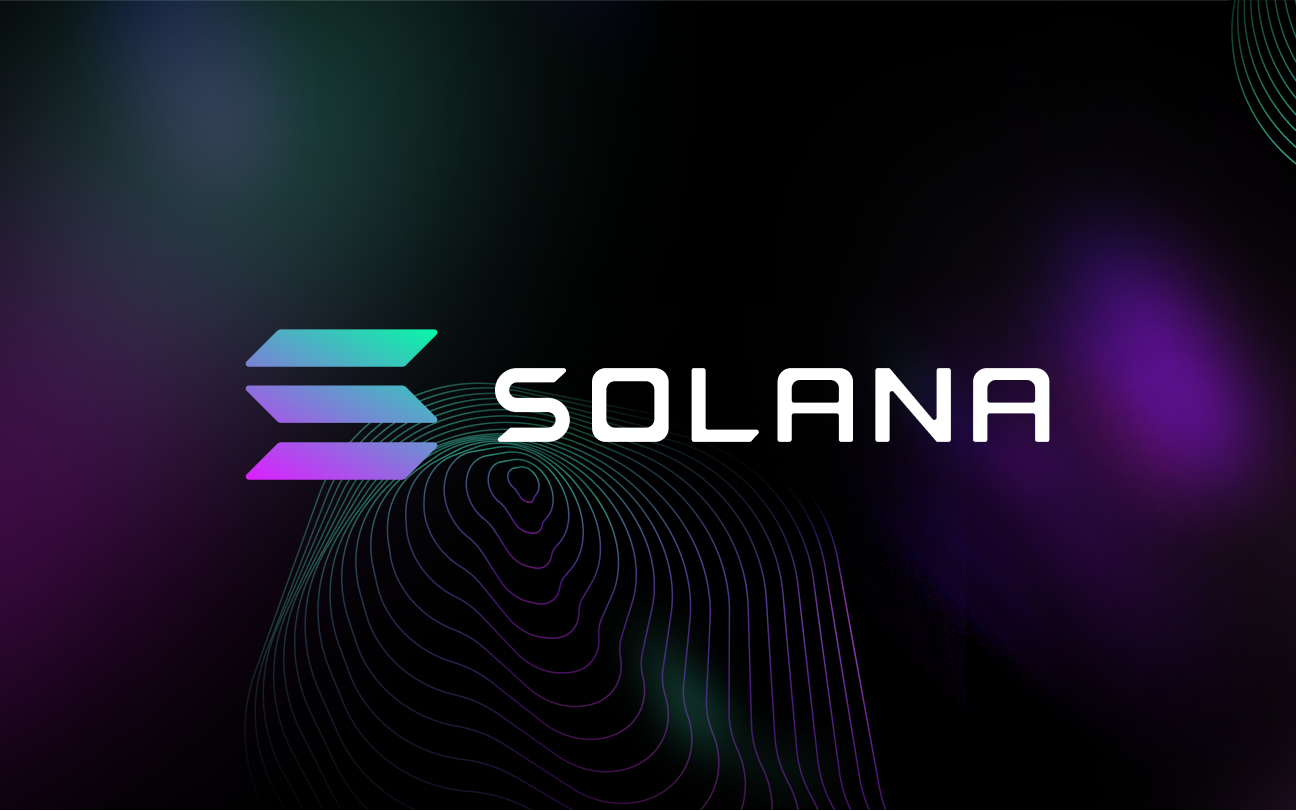Solana (SOL) has set up a $100 million fund to support cryptocurrency projects in South Korea. The main sectors that will benefit from the fund are DeFi, Gaming and Non-fungible Tokens (NFTs). In addition, the fund is intended to support some projects that were set up on the Terra Network after the terrible crash.
The Terra Network crash has caused a lot of pain in the crypto community. One of the results was that the South Korean government suddenly launched measures to review crypto exchanges . According to a report, as many as 280,000 crypto investors in South Korea have lost their fortunes as a result of the UST and LUNA crash . But many retail investors are trying to hold their ground, even if it's difficult.
The two players providing grants and investments in all Web 3 verticals are the Solana Foundation and Solana Ventures. They will mainly focus on South Korean game development projects. With this attempt at funding, Solana is joining the likes of Avalanche, smart contract platforms and Polygon. These competitors are also interested in attracting Korean crypto developers.
No one knows how many Terra developers will return given the recent crash. But as the Solana Foundation noted, the developers shouldn't be blamed for the Terra Network crash. This opinion comes from Jonny B. Lee, the general manager of the foundation.
Solana is trying to consolidate its position in the gaming sector
One thing Solana wants to achieve is to become a top gaming blockchain, and this fund can make that happen. The company has made multiple investments in the gaming sector since last year.
One of those investments was working with Lightspeed Ventures and FTX to launch a $100 million gaming fund. Another collaboration exists between gaming companies Solana, Griffin and Forte. The three companies created a $150 million fund to enable blockchain gaming.
Solana and others posit that South Korea could soon become a hub for Metaverse and NFT development. The reason for this is that the government of the country supports activities in this sector. She has pledged $187 million to build a Metaverse ecosystem to boost digital content and businesses in the country.
So, the Solana Foundation plans to increase interest in GameFi and DeFi in South Korea through the new fund. By funding ecosystem growth, Solana could also address the ongoing grid instability that has halted the grid's operations since 2021.
Currently, many companies are competing to become the best platform in South Korea. Many of the platforms offer access to NFTs and DeFi. These platforms include Upbit exchange and Klaytn Layer-one blockchain. Upbit is the largest exchange in South Korea with an NFT marketplace. Klaytn also owns KLAYswap, a DeFi platform with $274 million in TVL.
But South Korea's law banning cryptocurrencies and monetary rewards in games could prevent domestic companies from launching blockchain-based games in the country.
My Top PicksHoneygain - Passive earner that pays in BTC or PayPalMandalaExchange -The Best no KYC crypto Exchange!
BetFury - Play And Earn BFG for daily Bitcoin and ETH dividends!
Pipeflare - Faucet that pays in ZCash and Matic, Games pay in DAIWomplay - Mobile dApp gaming platform that rewards in EOS and BitcoinCointiply - The #1 Crypto Earning SiteLiteCoinPay -The #1 FaucetPay earner for LitecoinLBRY/Odysee - YouTube Alternative that lets you earn Money by viewing videos!FaucetPay - The #1 Microwallet PlatformFREEBTC - The #1 FaucetPay earner for Satoshi'sFaucetCrypto - An earning/faucet site that pays out instantlyFireFaucet - An earning site that pays better for some than Cointiply
DogeFaucet - Dogecoin Faucet
xFaucet - BTC, ETH, LTC, Doge, Dash, Tron, DGB, BCH, BNB, ZEC, FEY - Claim every 5 minutes
Konstantinova - BTC, ETH, LTC, Doge, Dash, Tron, DGB, BNB, ZEC, USDT, FEY, 25 Claims Daily


Comments
Post a Comment